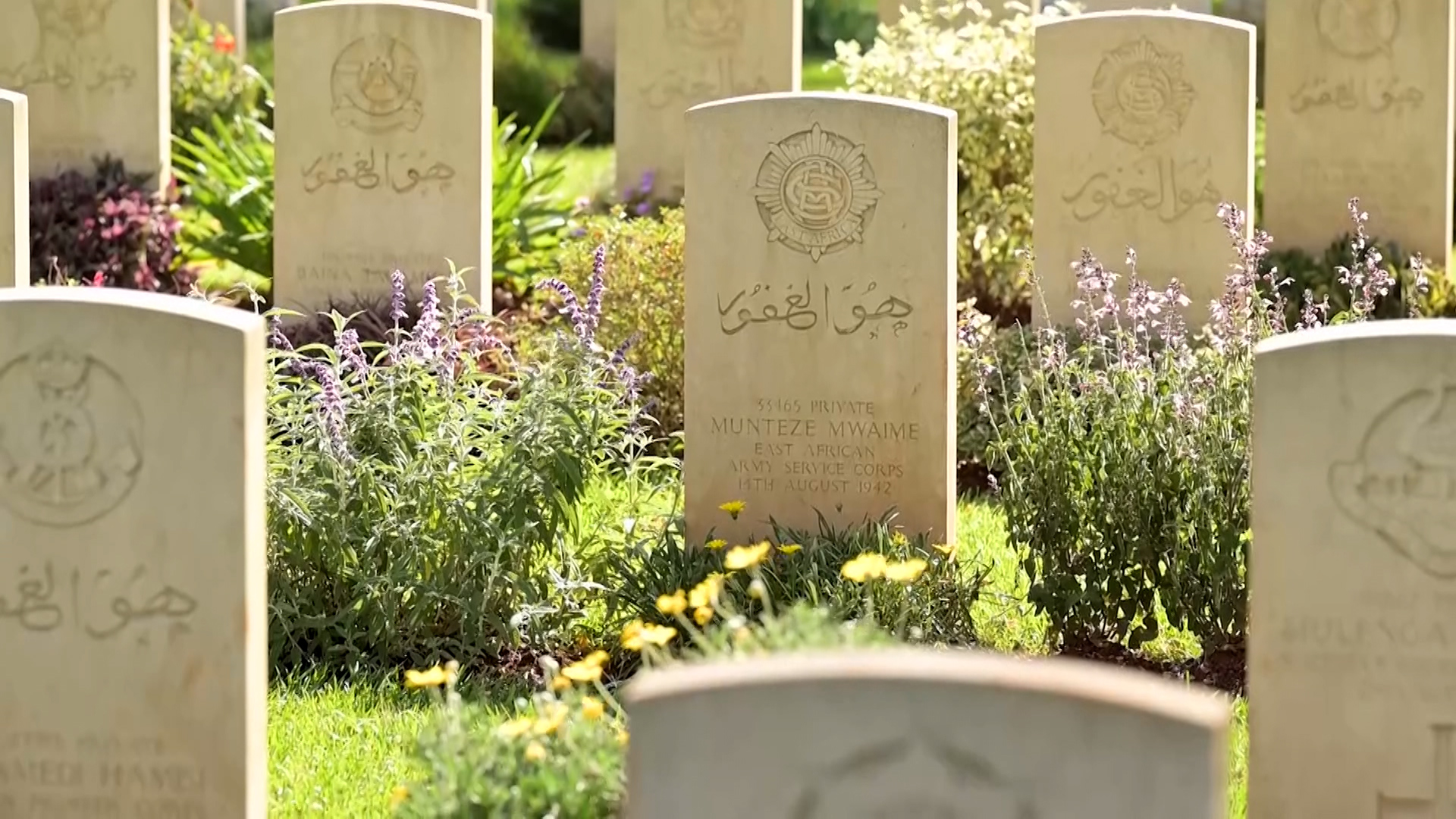
World Wars' remembrance no longer necessary, say more than a fifth of young people

As the 80th anniversary of D-Day approaches, a new survey reveals a troubling disconnect between younger generations and traditional commemorative events.
The Commonwealth War Graves Commission (CWGC) warns that more than a fifth of young people believe that commemorating the World Wars is no longer necessary, raising concerns about the future of historical remembrance.
The online survey, commissioned by the CWGC, found that 22% (440) of the 2,000 18 to 24-year-olds who responded think enough time has passed to render World War commemorations unnecessary.
Additionally, 10% (200) of the young respondents described traditional ceremonies as "boring" and "repetitive."
Even more alarming is the finding that one in three are unaware of the significance of D-Day, with this lack of awareness being notably higher among younger individuals, at one in five.
To combat this trend, the CWGC has launched the Torch of Commemoration tour across the UK and France.
The tour began in London with high-profile events at Horse Guards Parade and HMS Belfast, where the torch was symbolically passed from a veteran to a young person – an act representing the transfer of the responsibility to remember and honour the past to younger generations.
"It was incredibly special to be at the launch of this year's D-Day events, to share the importance of its history with young people and to inspire them," Eleanor Dufton, a student at the University of Leeds and a volunteer guide with the CWGC, said.
"I learned about D-Day in school and I am now studying French at University, as well as discovering more about the legacy of commemoration.
"I know how vital it is that we keep the memory of these significant moments in our collective history alive. I wanted to be part of this year’s commemorative events so that society knows that I, and young people like me, will not forget the sacrifice of people who gave their lives for our freedoms during the Second World War," Eleanor said.
Despite the concerns raised by the survey, the British public overwhelmingly agrees on the importance of long-term commemoration.
A significant 61% (1,220) of respondents see commemorative events as a chance for personal reflection on the human cost of war, especially relevant against the backdrop of current ongoing wars.
However, there is a notable generational divide. While older generations are committed to traditional commemorations, one in three young people argue that funds for such ceremonies could be better spent on other charitable initiatives.
Nevertheless, the CWGC argues that there is a clear desire among young people to learn more about historical events, with one in two young people arguing that educational programmes should be central to future initiatives.








